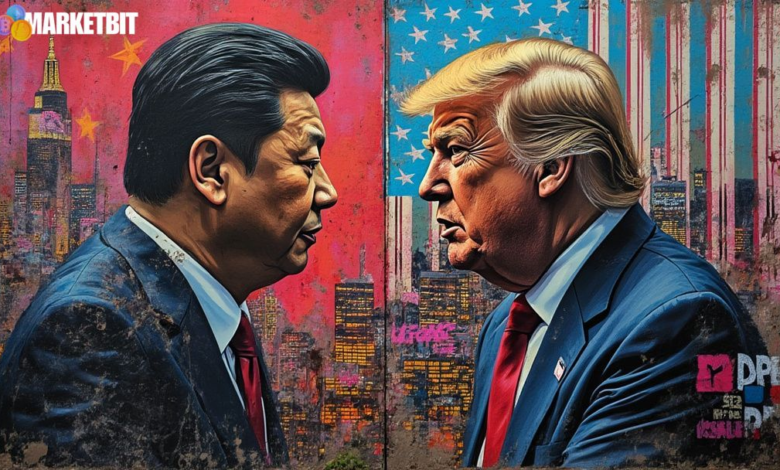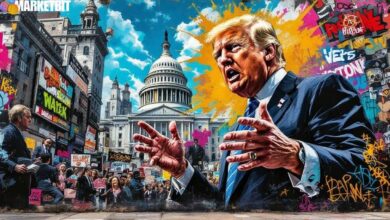China-U.S. Trade Talks in Geneva: Key Details

- Xi Jinping sends top security aide for pivotal talks.
- Focus is on reducing tariffs amid tensions.
- No comprehensive deal expected during Geneva meeting.
China’s leader Xi Jinping has dispatched top officials to Switzerland for critical trade talks with the Trump administration this weekend in Geneva.
Amid ongoing trade tensions, these negotiations impact both countries’ economic strategies, reflecting broader geopolitical dynamics.
The impending trade talks in Geneva involve key Chinese officials, including Xi’s top security aide, highlighting the event’s importance. The talks address significant tariff hikes, with the U.S. President having imposed up to 145% on Chinese goods, while China countered with 125% on U.S. imports. The Chinese delegation, comprising both economic and security experts, signifies their strategic approach and aims to negotiate on key issues such as fentanyl enforcement, identified as a major trade hurdle.
The Geneva sessions could shape market expectations and bilateral trade relations. While a comprehensive agreement appears unlikely, any progress could influence future negotiations. Xi’s dispatch of close advisors underscores China’s serious approach to the discussions. The meeting, prompted by U.S. requests, involves tariffs and fentanyl concerns, showcasing both countries’ efforts at potential resolution avenues.
Immediate effects on global markets are anticipated, with attention on tariff adjustments and supply chain impacts. The talks, seen as a litmus test for U.S.-China relations, bear significant economic weight. Despite skepticism about major breakthroughs, cooperation on specific issues may pave paths for reduced tensions. Observers see the inclusion of fentanyl discussions as a bargaining tool for China to leverage in tariff negotiations.
Experts project minimal expectations for a sweeping trade resolution, yet remain watchful for minor agreements that might stimulate dialogue for future talks. Historical patterns suggest negotiations often serve as groundwork, with tangible outcomes potentially deferred to later sessions. Overall, the outcome could influence market projections and future policy directions.
Yun Sun, China Analyst at the Stimson Center, remarked, “China’s willingness to cooperate on fentanyl will demonstrate how eager they are to make a trade deal.”




